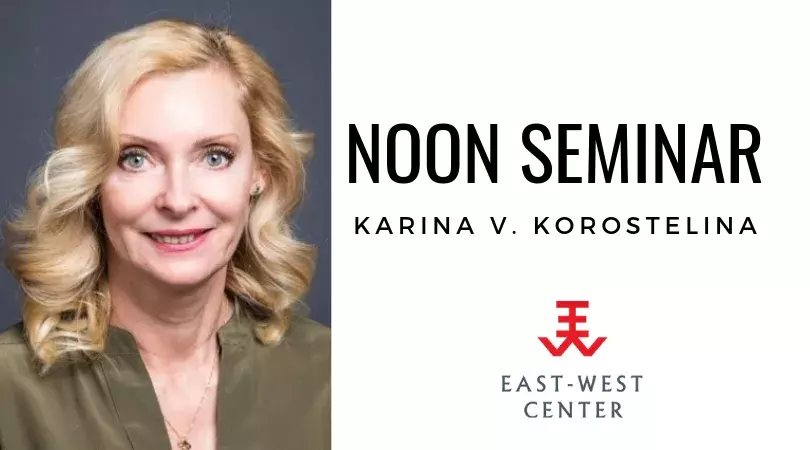Error message

With the unfolding process of Korean reunification, it is important to explore how experts in Japan assess and understand the process and consequences of reunification of the Republic of Korea (South Korea) and the Democratic People's Republic of Korea (North Korea). Based on semi-structured interviews with experts in Japan, this presentation shows how collective frames and the conceptual interpretation of power play an important role in organizing information and developing specific political prescriptions related to the process of Korean reunification. Understanding of these evaluative processes can help assess and predict reactions and policy-making in Japan toward the reunification of South and North Korea.
Video of Karina V. Korostelina's presentation on 07/24/19 at East-West Center:

With the unfolding process of Korean reunification, it is important to explore how experts in Japan assess and understand the process and consequences of reunification of the Republic of Korea (South Korea) and the Democratic People's Republic of Korea (North Korea). Based on semi-structured interviews with experts in Japan, this presentation shows how collective frames and the conceptual interpretation of power play an important role in organizing information and developing specific political prescriptions related to the process of Korean reunification. Understanding of these evaluative processes can help assess and predict reactions and policy-making in Japan toward the reunification of South and North Korea.
Video of Karina V. Korostelina's presentation on 07/24/19 at East-West Center:







